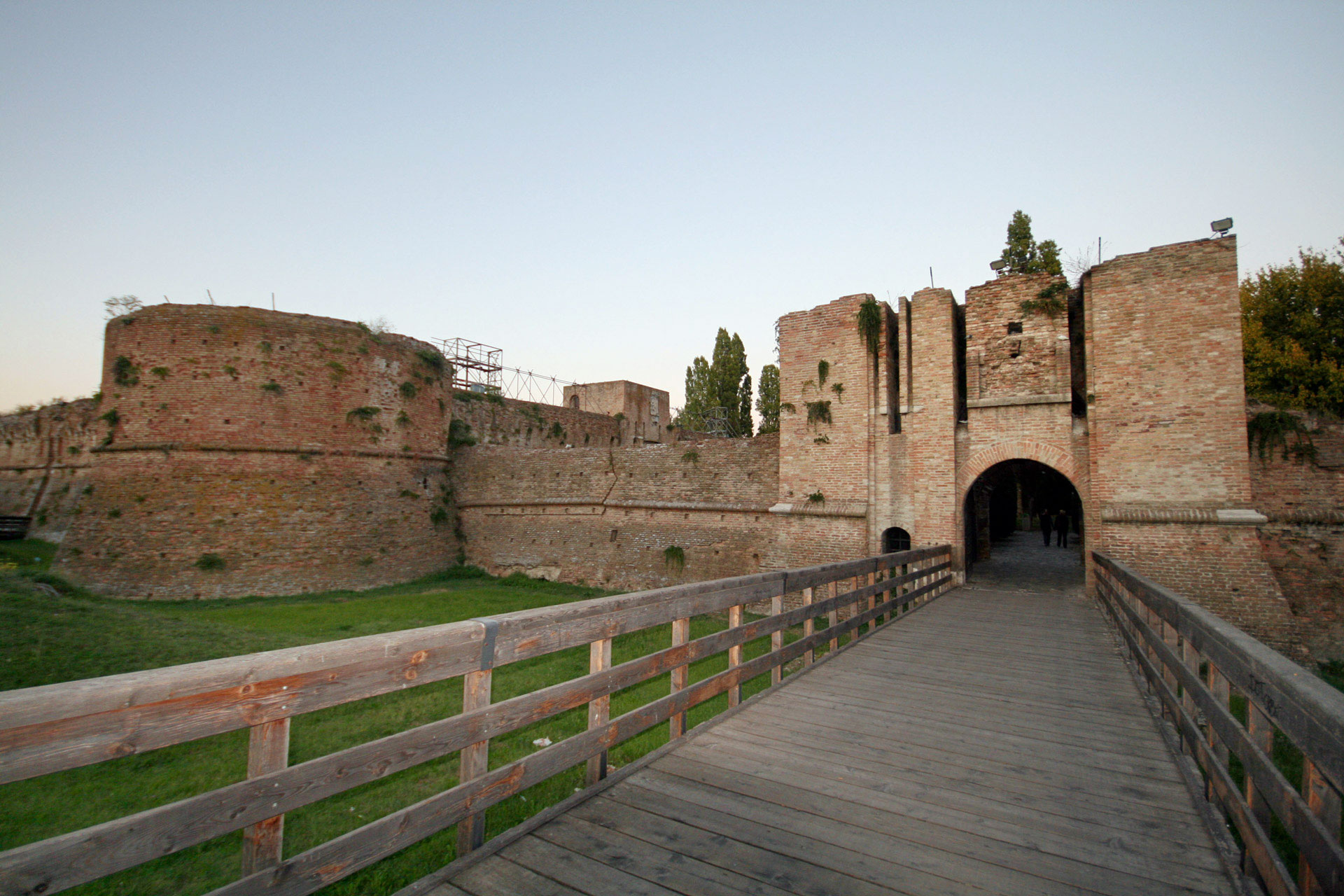© Silvia Lelli
Opening concert
Orchestra Giovanile Luigi Cherubini
conductor Riccardo Muti
Rosa Feola soprano
Aleksandr Nikolaevič Skrjabin
Rêverie Op. 24
Wolfgang Amadeus Mozart
Exsultate, jubilate motet in F major for soprano, 2 oboes, 2 horns, strings, and organ K.165
Et incarnatus est from the Great Mass in C minor K. 427
Symphony no. 41 in C major, K. 551, “Jupiter”
July 1990: on a stage set up inside the Rocca Brancaleone fortress, Riccardo Muti raised his wand to open the first edition of the Ravenna Festival. Thirty years later, that very place will host music’s return to the Italian stage since the Covid-19 lockdown, when Italians and citizens worldwide were invited to self-isolate at home while theatres were closed and orchestras were silenced. Italy will start again from here, from a 15th-century Venetian fortress in the heart of Ravenna. The first sign of hope and unwavering confidence will come from Maestro Muti, who, once again, will stand on the podium of “his” Cherubini Youth Orchestra to conduct his favourite Mozart. The programme opens with Skrjabin’s Rêverie op. 24, a miniature orchestral work composed in total secrecy in 1898 and enthusiastically received by Rimsky-Korsakov. From here it shifts to Mozart’s virtuoso showpiece for sopranos, the famous motet Exsultate jubilate, composed in Milan in 1773 and now entrusted to the talented Rosa Feola. This will be followed by the ecstatic lyricism of Et incarnatus est, from the Great Mass in C minor: an almost pastoral scene, permeated by a naive, pure, unconditional love for humanity. And then, projected into the future, here’s Mozart’s symphonic bequest: leaving his failures and disappointments behind, the composer found a source of miraculous vitality and delivered a score of majestic, Olympic greatness, well deserving its nickname of Jupiter.



